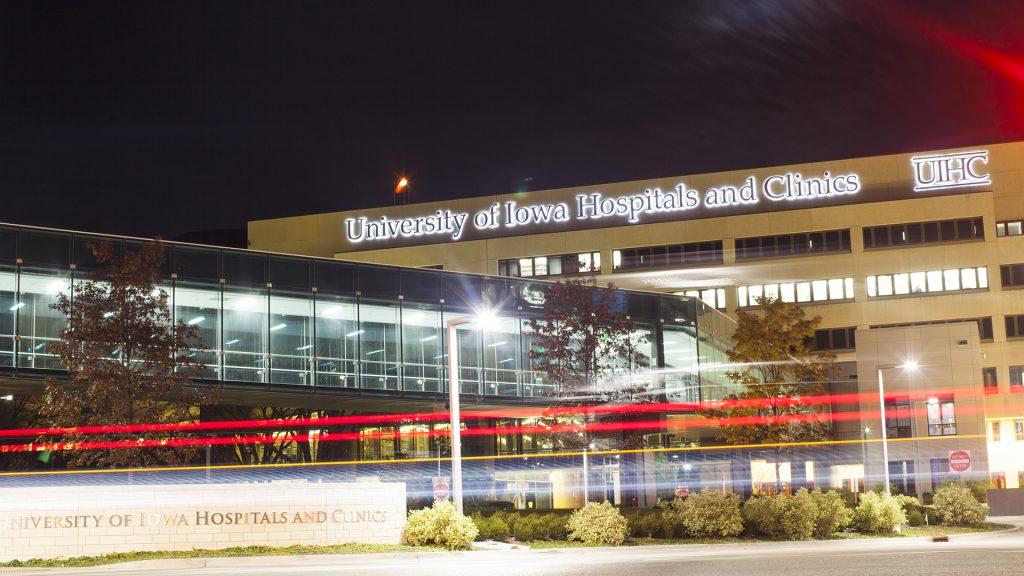The FDA has approved CAR T-cell therapy, a treatment for some types of cancer at the University of Iowa Hospitals & Clinics.
The UI Holden Comprehensive Cancer Center is the only hospital in Iowa and one of the few institutions nationwide that is certified to deliver CAR T-cell therapy, which genetically alters patients’ T-cells in their immune systems to target and then fight off cancer cells.
Right now, the unique cancer treatment is only approved for specific types of cancers, but experts say there is enormous potential for the treatment.
Holden Director George Weiner has spearheaded the administrative and funding efforts to bring CAR T-cell therapy to the UI. He is an expert focusing on the lymphatic system and has specialized in using patients’ immune systems to fight diseases.
“CAR-T therapy is different from traditional treatments because it is the process of genetically altering the living T-cells and putting them into the body where they can travel, multiply, and fight off the cancer cells,” Weiner said.
A significant percentage of patients go into remission, he said, and some never have cancer cells return. He hopes that this is just the beginning for CAR T-cell therapy and the FDA will approve the treatment for a greater number of patients.
“It’s very exciting, because there is great potential for this type of treatment,” Weiner said. “Lots of thanks goes to the patients, doctors, and research over many years.”
UI Clinical Assistant Professor Umar Farooq, who has led the research effort for CAR T-cell therapy, joined the UI in the summer of 2014, and Weiner tasked him with leading the initiative. Farooq has been the primary investigator, working with a team of researchers to secure the FDA approval for the therapy at the UI.
“With CAR T-cell therapy, we have seen exceptional responses in certain types of blood cancer, and it’s like nothing like we have seen before for these patients,” he said. “Over the past couple of decades, immunotherapies have revolutionized our ability to treat cancer, and CAR-T cell treatment is a powerful addition to our tool box of immunotherapy.”
Farooq is encouraged by the range of immunotherapy treatments in the future.
“There is a huge ongoing research effort to realize these possibilities and improve understanding of our immune system’s abilities to fight cancer,” he said.
Sheila Ouverson, the assistant director of the Blood and Marrow Transplant Program, said establishing a successful CAR T-cell therapy program required significant planning and team collaboration with UIHC executive leadership, nursing, providers, and more than 15 other services. Researchers had to ensure that the more than 400 nurses and other health-care providers had successfully completed a comprehensive training program as mandated by the FDA.
Ouverson said she is moved to be a part of the lifesaving therapy.



